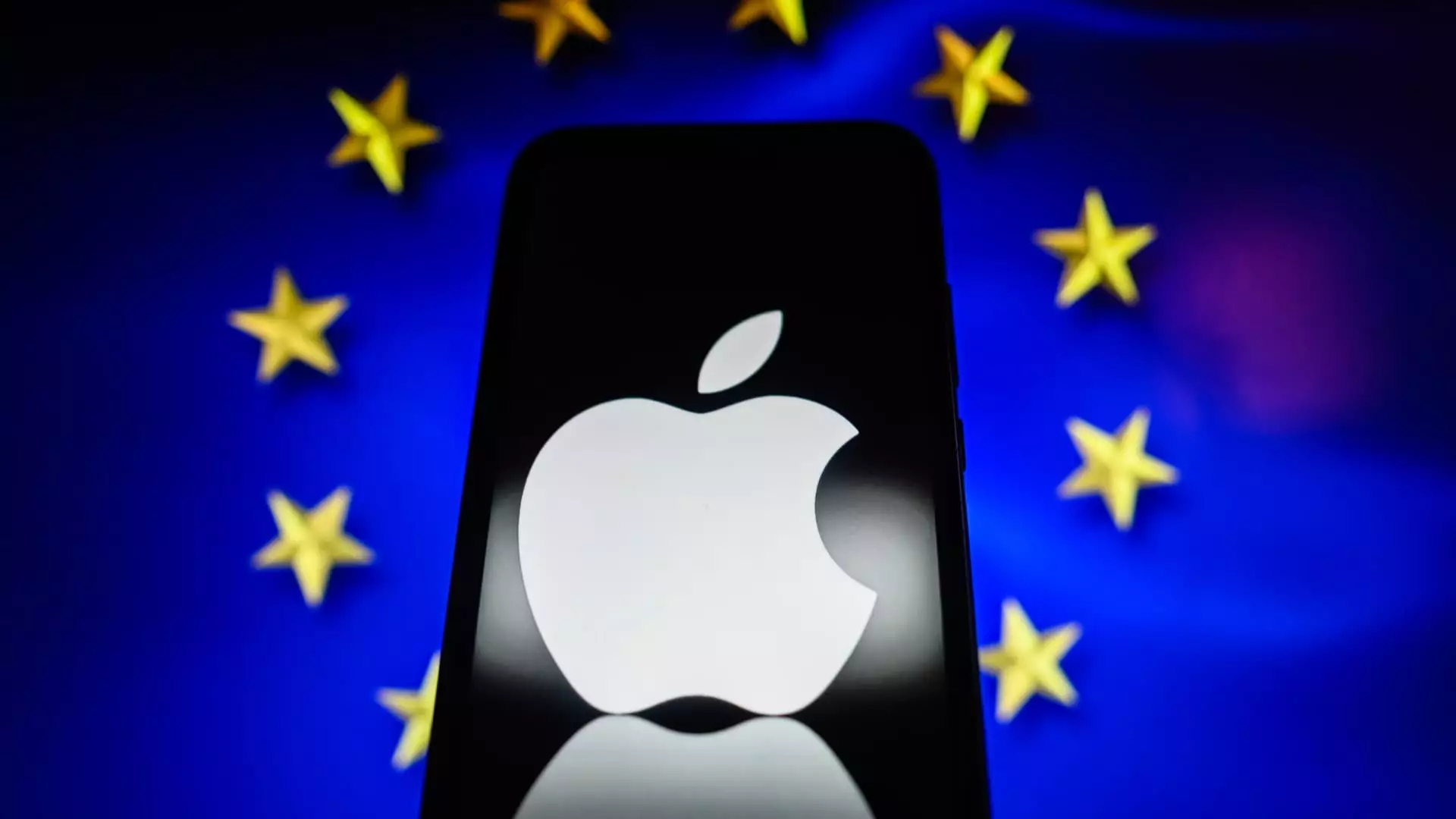Apple has lost a 10-year court battle against the European Union over its tax affairs in Ireland. The tech giant expressed disappointment at the ruling, claiming that the European Commission is attempting to retroactively change the rules. According to Apple, its income was already subjected to taxes in the U.S., as required by international tax law.
In response to the ruling, the Irish government emphasized that the issue was now irrelevant and historic. The government stated that it does not provide preferential tax treatment to any companies or taxpayers. Additionally, the Irish government announced that it would begin the process of transferring assets in the escrow fund to Ireland.
The European Commission initiated an investigation in 2014 into Apple’s tax payments in Ireland. In 2016, the commission ordered Dublin to recover up to 13 billion euros in back taxes from Apple. The commission claimed that Apple had received illegal tax benefits from Ireland over a span of two decades. Despite appeals from Apple and Ireland, the EU General Court sided with Apple in 2020, annulling the commission’s 2016 decision.
The case was elevated to the European Court of Justice, which recently set aside the General Court’s decision and confirmed the commission’s original ruling. This ruling poses significant implications for Apple and highlights the ongoing conflict between U.S. tech giants and the European Union on various issues, including taxation, data protection, and antitrust.
This is not the first time Apple has faced scrutiny from the EU. The European Commission recently imposed a 1.8 billion euro antitrust fine on Apple for abusing its dominant position in the market for music streaming apps. Additionally, the EU’s Digital Markets Act has compelled companies like Apple, Alphabet, and Meta to modify their practices in Europe.
The European Court of Justice’s decision against Apple in the tax battle underscores the complexities and challenges faced by multinational corporations operating in the global marketplace. Apple’s ongoing disputes with the EU highlight the need for greater clarity and alignment on tax regulations and antitrust policies to foster a fair and competitive business environment.


Leave a Reply